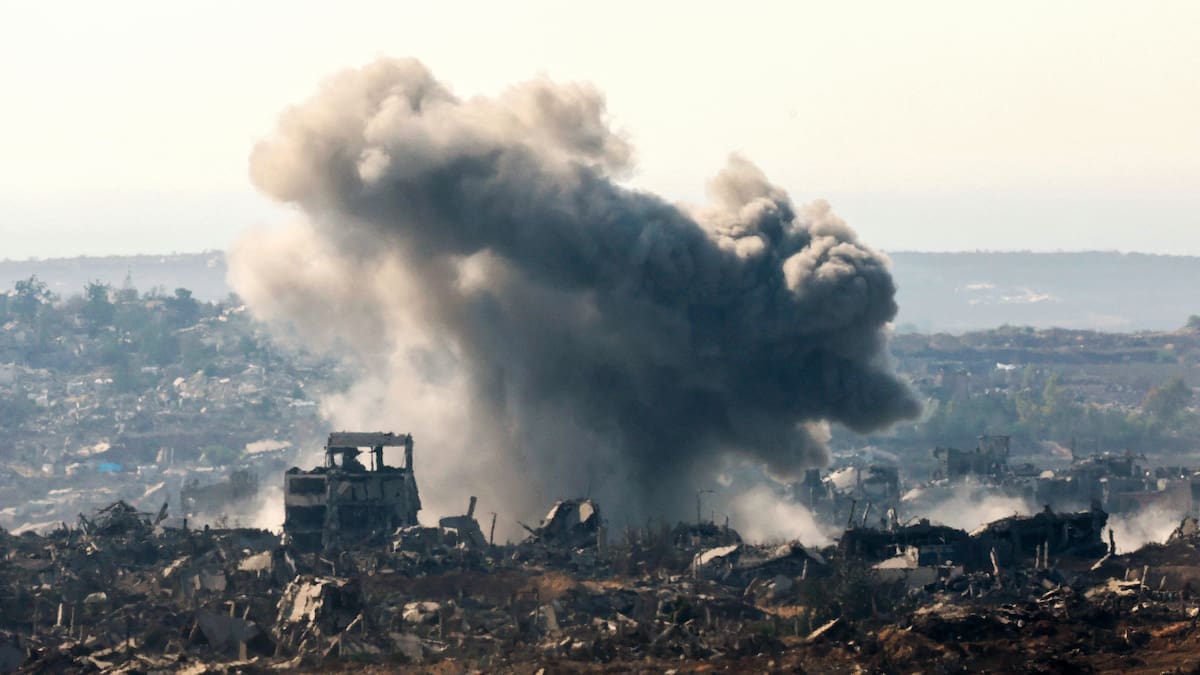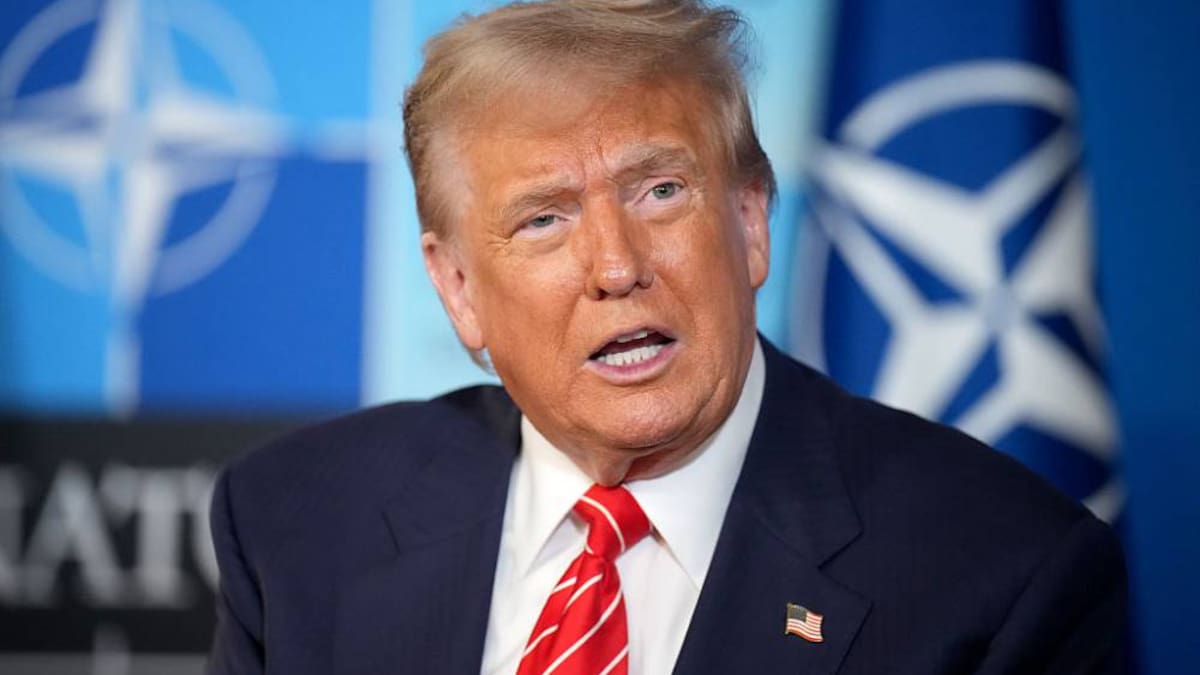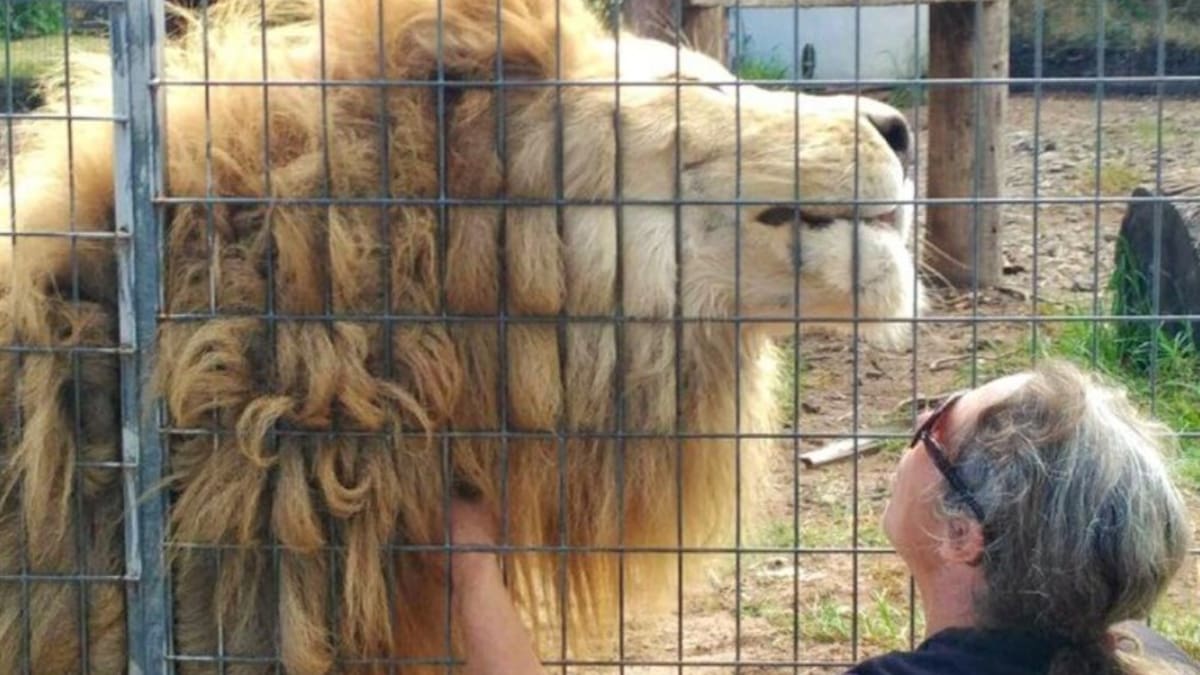In 1978, Israel launched its first ground invasion into Lebanese territory in retaliation for a Palestinian attack on a bus in Israel that left 35 Israelis dead and appeared intended to derail Israeli-Egyptian peace talks.
The Palestinian attackers had set off from southern Lebanon, giving Israeli commanders a motive to push the PLO beyond the Litani river, Lebanon’s longest river which at points runs some 30km from the southern border.
Israeli troops invaded south Lebanon in March 1978, using massive air and naval support and coordinating with a Lebanese Maronite Christian militia. The IDF says it destroyed PLO infrastructure and killed 300 Palestinian fighters in the week-long offensive. But some historians estimate that over 1,000 civilians were killed and tens of thousands displaced.
Second Israeli invasion in 1982

In 1982, a Palestinian gunman attempted to assassinate Israel’s ambassador to Britain, and Israel responded by launching its second invasion. The Israelis’ stated aim was to push Palestinian militants away from the border and end the rocket attacks on northern Israel.
Prime Minister Menachem Begin of the right-wing Likud party denied that Israel planned to hold Lebanese territory, saying it would bring troops “back home as soon as possible”.
The Israelis crossed unopposed, and were even welcomed by some Lebanese fed up with fighting between Palestinian and Shia militias. But Begin’s pledge to withdraw Israeli soldiers swiftly was not fulfilled.
Israeli forces and their Maronite Christian allies over-ran southern Lebanon, clashed with the Syrian army in the north-east and laid siege to west Beirut, where Palestinian fighters and their Lebanese allies were based.
Lebanese-Palestinian journalist Samir Kassir later described it as a three-month bombardment “almost without interruption from air, land, and sea”, which targeted Palestinian commanders but killed “thousands” of civilians. The PLO was eventually exiled in a US-brokered deal and made Tunisia its new headquarters.
But after Christian militia leader and newly elected president Bashir Gemayel was assassinated in September, Israeli troops occupied western parts of the Lebanese capital and Israeli-backed Lebanese Christian militias massacred hundreds of Palestinians in the Sabra and Shatila refugee camps.
An Israeli inquiry would later find Israel held “indirect” responsibility for the massacre, ultimately forcing Ariel Sharon to resign as defence minister.
Despite the loss of nearly 400 soldiers, the IDF failed in its primary objective of ending cross-border rocket attacks. Hezbollah rose out of the conflict, attacking Israel with the backing of the theocratic regime in Iran.
Although Israel agreed to withdraw from southern Lebanon in 1983, its soldiers continued to occupy swaths of territory and launch offensives through the 1980s and 1990s. The fighting killed civilians and caused the mass displacement of people in the south.
Israel maintained what it called a “security zone” on the Lebanese side of the border, but the occupiers were stuck in a military quagmire.
Israel-Hezbollah war in 2006

In 2000, under Labour Prime Minister Ehud Barak, Israel unilaterally left the security strip. Hezbollah claimed victory and the UN’s so-called “blue line” was drawn between Israel, Lebanon and the Golan Heights.
But cross-border skirmishes continued, and in 2006 Hezbollah kidnapped two Israeli soldiers in a cross-border raid and killed eight others. In response, Israel launched a punishing aerial offensive, pummelling Hezbollah targets and other infrastructure, before sending troops back into southern Lebanon.
After 34 days of war, and heavy losses on both sides, Israel retreated. Hezbollah had withstood the assault by the technically superior and better-armed Israeli army.
The popularity of then-Israeli prime minister Ehud Olmert crashed to just 3 per cent after a government report criticised “very severe failures” in the war.
The month-long conflict ended with UN Resolution 1701, which called for Hezbollah and Israel to withdraw from the border areas, to be replaced by UN peacekeepers and the Lebanese army.
Neither side properly implemented its terms, leaving a simmering conflict on the border. Ahead of Israel’s latest incursion, Prime Minister Benjamin Netanyahu vowed to keep “degrading” Hezbollah. “Enough is enough.”
Written by: Chloe Cornish in Dubai
© Financial Times






